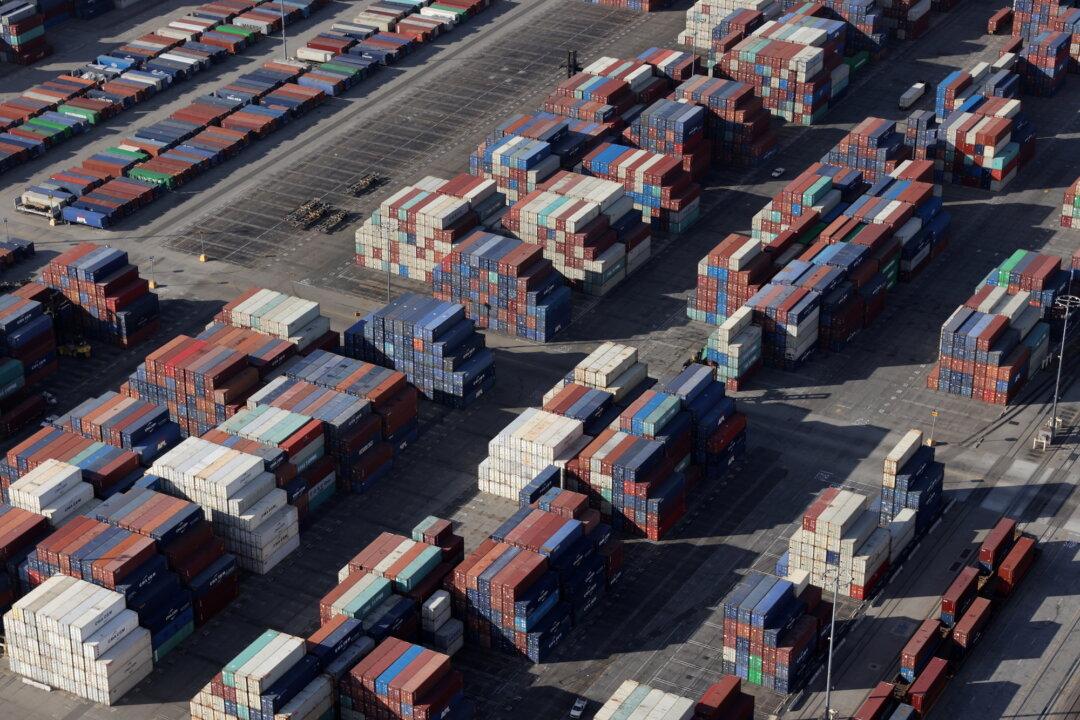The Australian consumer watchdog has begun an investigation into Australia’s rapid rise in shipping and container costs, which is beginning to cause price hikes in the retail sector.
The Australian Competition & Consumer Commission (ACCC) Chairman Rod Sims told The Australian that the investigation would focus on the price and movement of containers.





